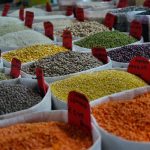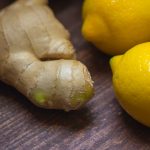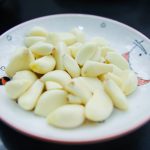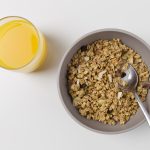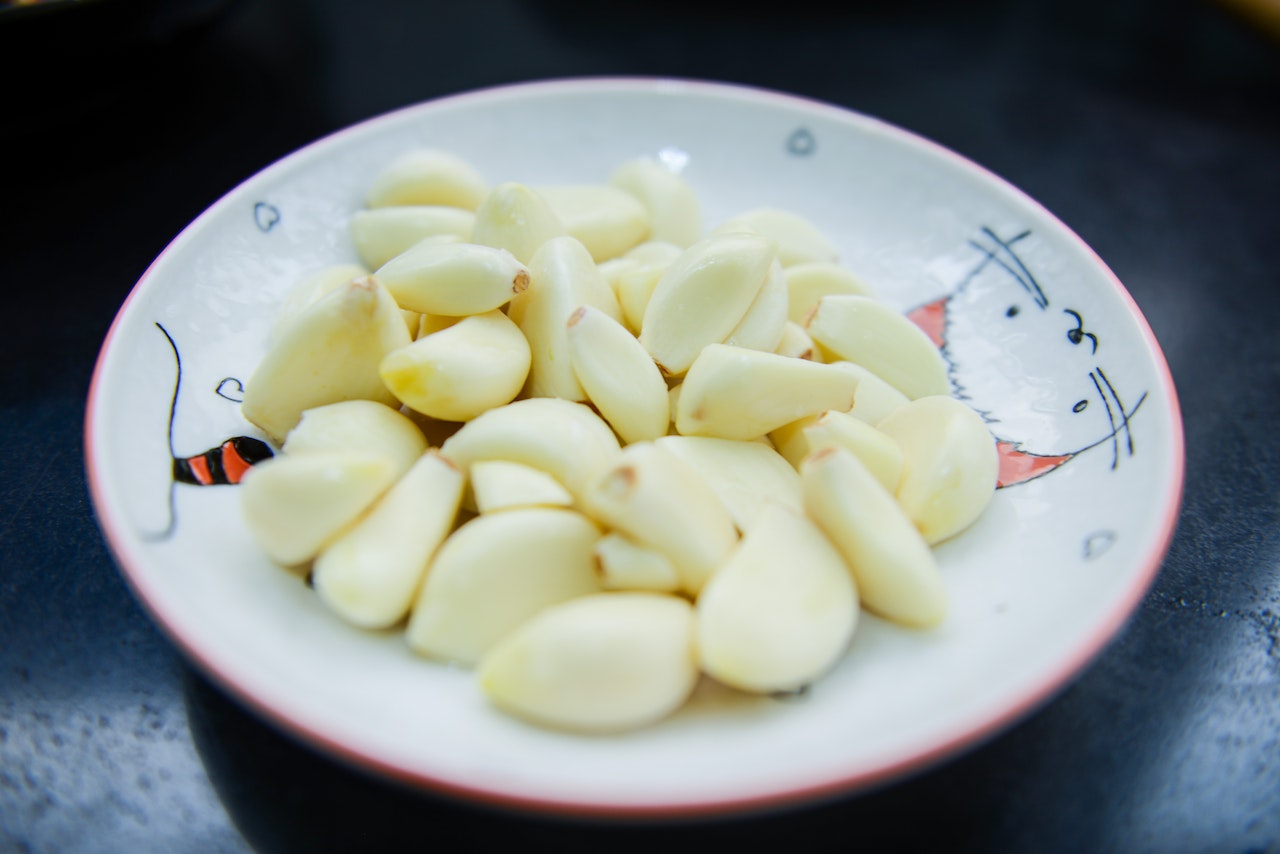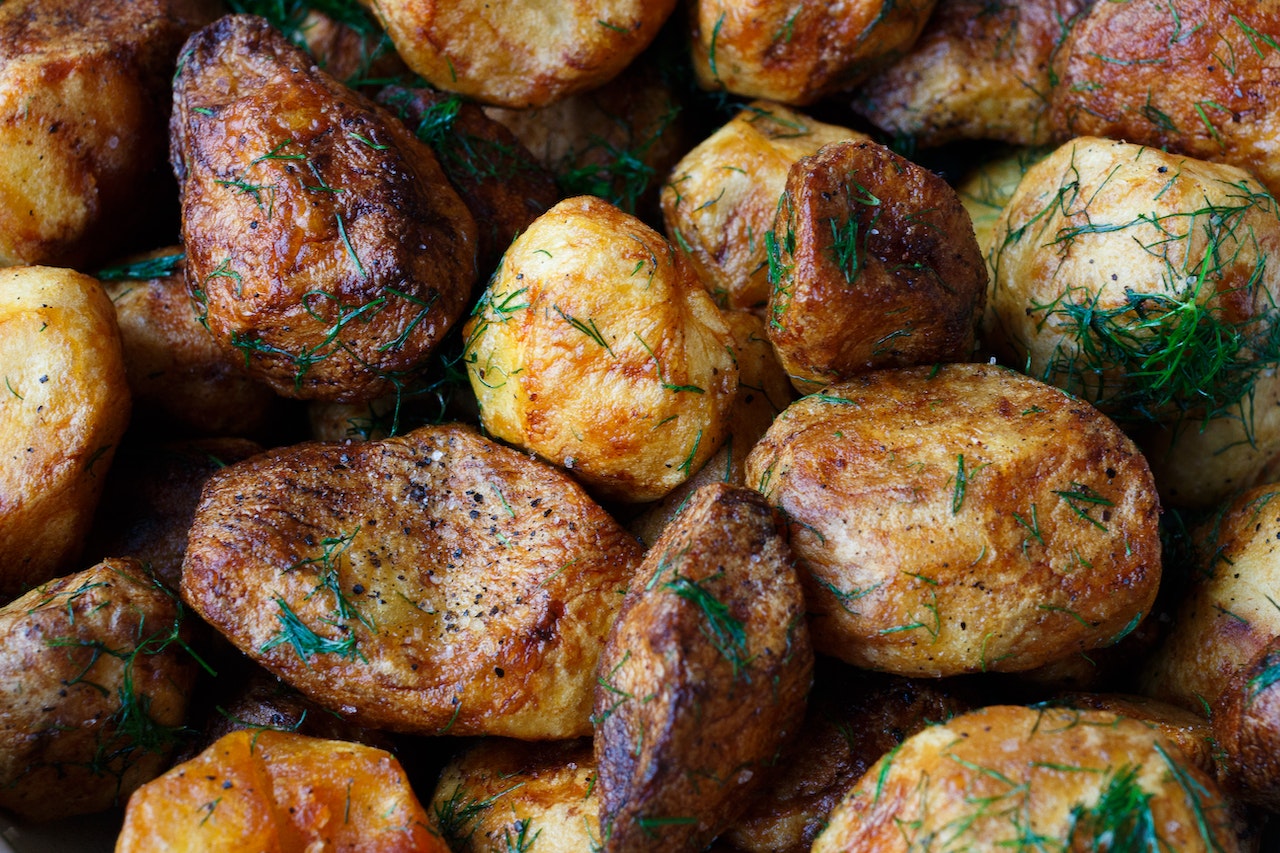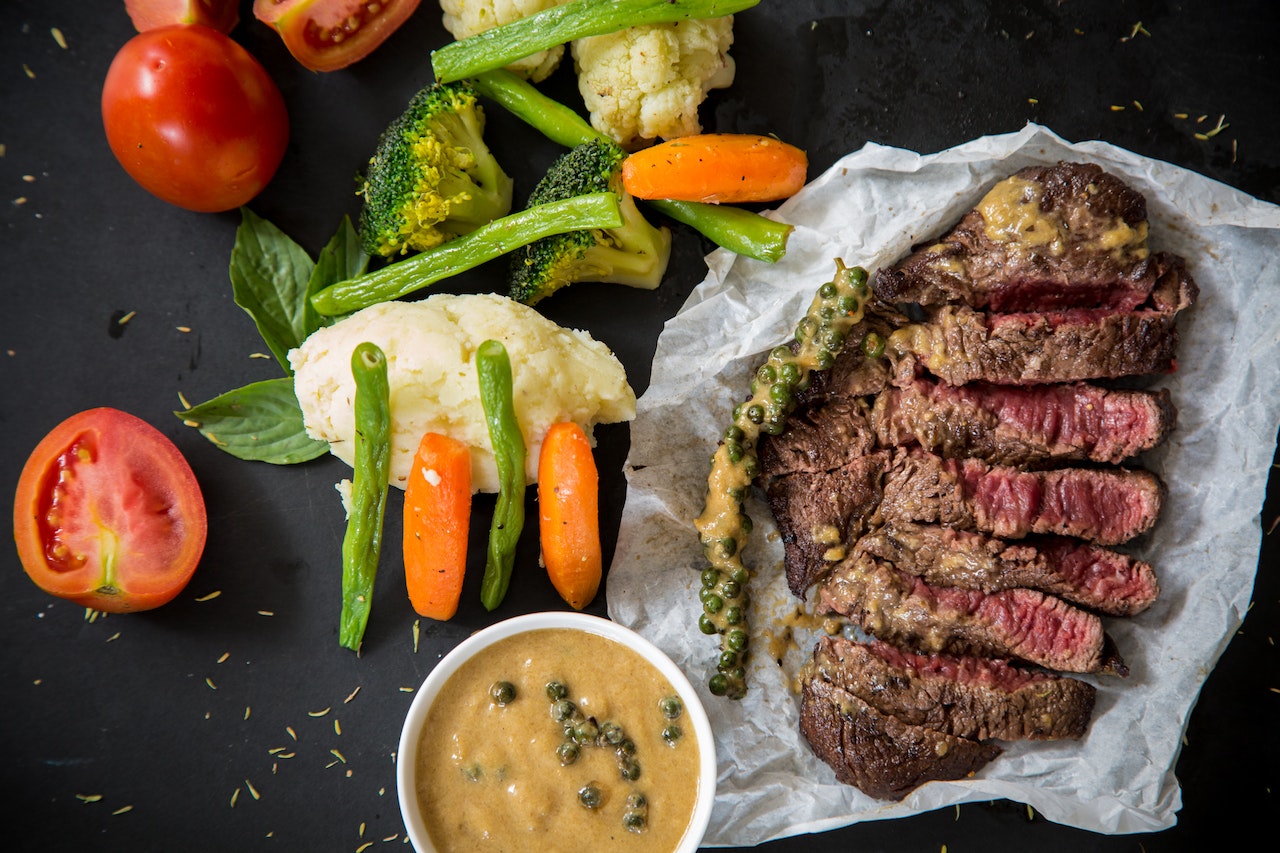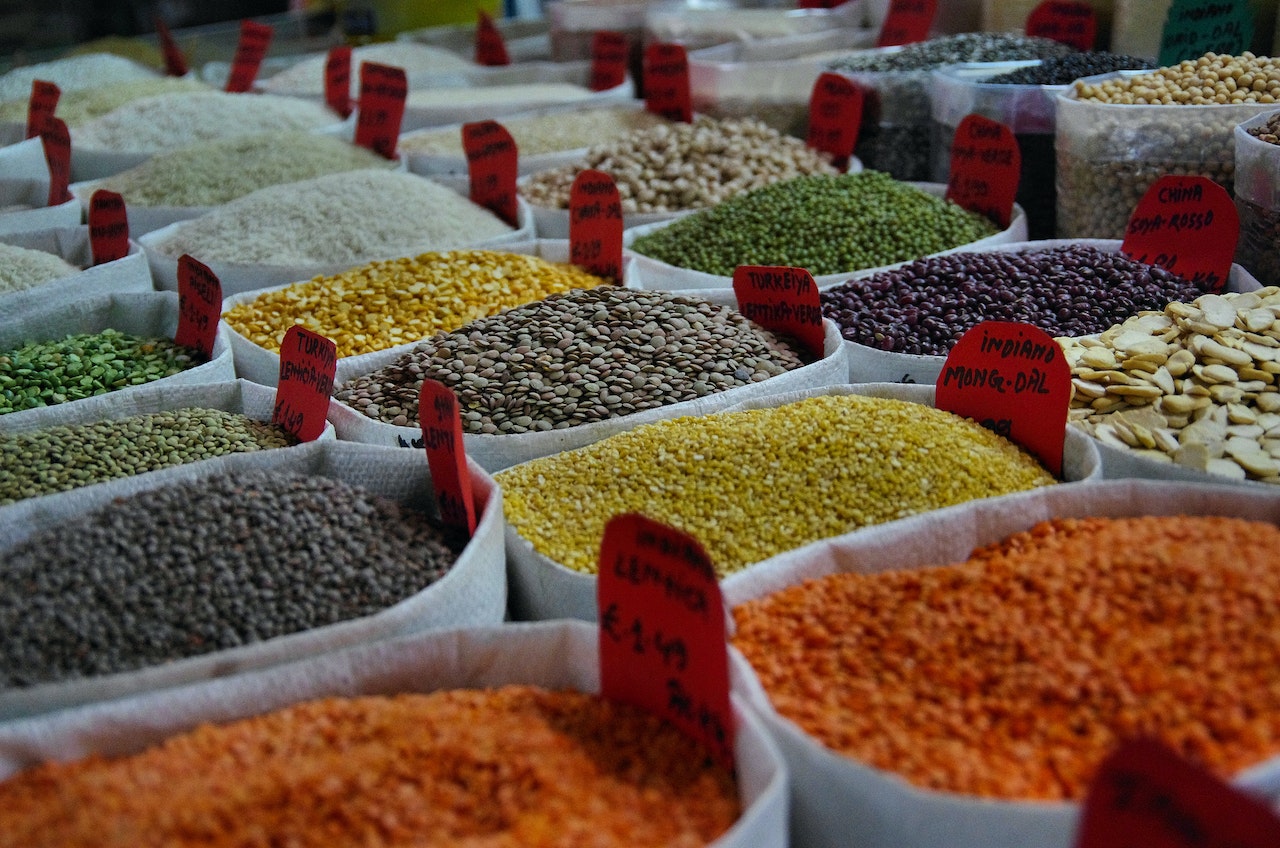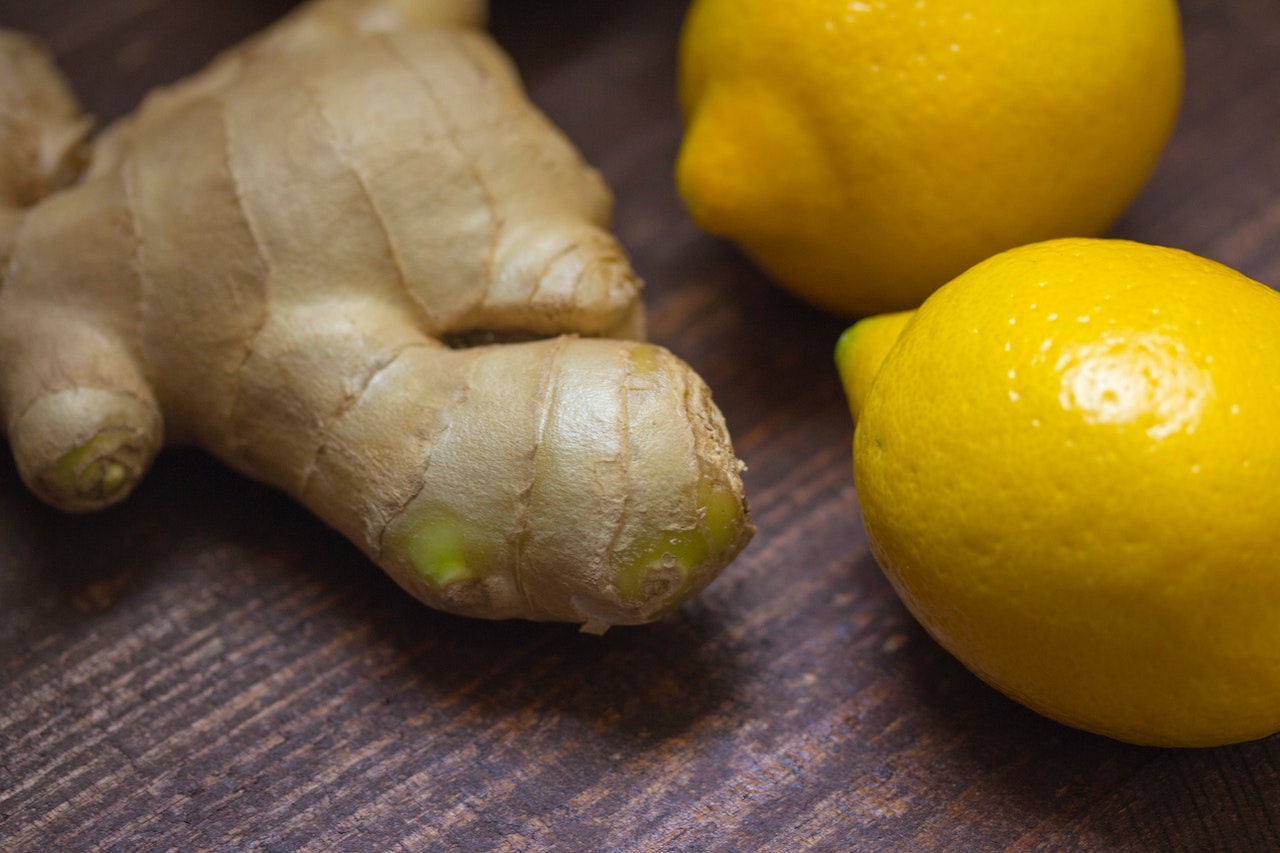High blood pressure, also known as hypertension, is a prevalent health condition that can significantly impact our cardiovascular well-being. While lifestyle changes and medication are crucial for managing hypertension, incorporating the right foods into your diet can play a vital role in supporting heart health and lowering blood pressure. In this article, we will explore the top 17 foods that have been scientifically proven to help manage high blood pressure and promote a healthier cardiovascular system.
- Leafy Greens – A Powerhouse of Nutrients
Leafy greens such as spinach, kale, and Swiss chard are excellent sources of potassium, a mineral that helps regulate blood pressure by counteracting the effects of sodium.
- Berries – Nature’s Antioxidant-Rich Gems
Berries like blueberries, strawberries, and raspberries are packed with antioxidants, which can help reduce inflammation and improve blood vessel health.
- Beets – Naturally Lowering Blood Pressure
Beets contain nitrates, which are converted to nitric oxide in the body, promoting blood vessel relaxation and helping to lower blood pressure.
- Bananas – Rich in Heart-Healthy Potassium
Bananas are a convenient and potassium-rich fruit that can aid in balancing sodium levels and supporting healthy blood pressure.
- Oats – A Heart-Friendly Breakfast Choice
Oats are a good source of soluble fiber, which can help reduce cholesterol levels and support heart health.
- Fatty Fish – Omega-3 Powerhouses
Fatty fish like salmon, mackerel, and sardines are abundant in omega-3 fatty acids, which have been shown to lower blood pressure and reduce inflammation.
- Garlic – A Flavorful Heart Protector
Garlic contains compounds that may help relax blood vessels and improve blood flow, contributing to lower blood pressure levels.
- Olive Oil – A Heart-Healthy Culinary Oil
Olive oil is rich in monounsaturated fats and antioxidants, which can support heart health and help manage high blood pressure.
- Flaxseeds – A Tiny Source of Big Benefits
Flaxseeds are a good source of alpha-linolenic acid (ALA), an omega-3 fatty acid that may contribute to lower blood pressure levels.
- Pomegranates – A Heart-Protective Fruit
Pomegranates are loaded with antioxidants and can help improve cholesterol levels and reduce blood pressure.
- Tomatoes – Rich in Blood Pressure-Lowering Nutrients
Tomatoes are rich in potassium, vitamin C, and lycopene, all of which have heart-protective properties and may contribute to lowering blood pressure.
- Nuts and Seeds – Crunchy Heart-Healthy Snacks
Nuts and seeds like almonds, walnuts, and pumpkin seeds contain heart-healthy nutrients like magnesium, potassium, and healthy fats that support cardiovascular health.
- Greek Yogurt – A Probiotic Protein Boost
Greek yogurt is a good source of calcium and probiotics, which may help maintain healthy blood pressure levels.
- Beans and Lentils – Plant-Based Protein Powerhouses
Beans and lentils are rich in protein and fiber, which can promote heart health and contribute to blood pressure management.
- Dark Chocolate – A Treat for Your Heart
Dark chocolate, in moderation, contains flavonoids that can help improve blood vessel function and lower blood pressure.
- Red Bell Peppers – Nutrient-Dense and Heart-Friendly
Red bell peppers are a great source of vitamin C and antioxidants that support cardiovascular health.
- Turmeric – A Golden Spice for Heart Health
Turmeric contains curcumin, a compound that may help improve blood vessel function and lower blood pressure.
Managing high blood pressure is crucial for overall cardiovascular health and well-being. Alongside other lifestyle changes and medical interventions, incorporating the right foods into your diet can be a valuable tool in controlling hypertension. The 17 foods mentioned above – leafy greens, berries, beets, bananas, oats, fatty fish, garlic, olive oil, flaxseeds, pomegranates, tomatoes, nuts and seeds, Greek yogurt, beans and lentils, dark chocolate, red bell peppers, and turmeric – can play a significant role in supporting heart health and maintaining healthy blood pressure levels. Remember to combine these foods with a balanced diet, regular physical activity, and stress management techniques for a holistic approach to managing high blood pressure and promoting a healthier heart. As always, it is essential to consult with a healthcare professional for personalized guidance and recommendations based on your individual health needs.


